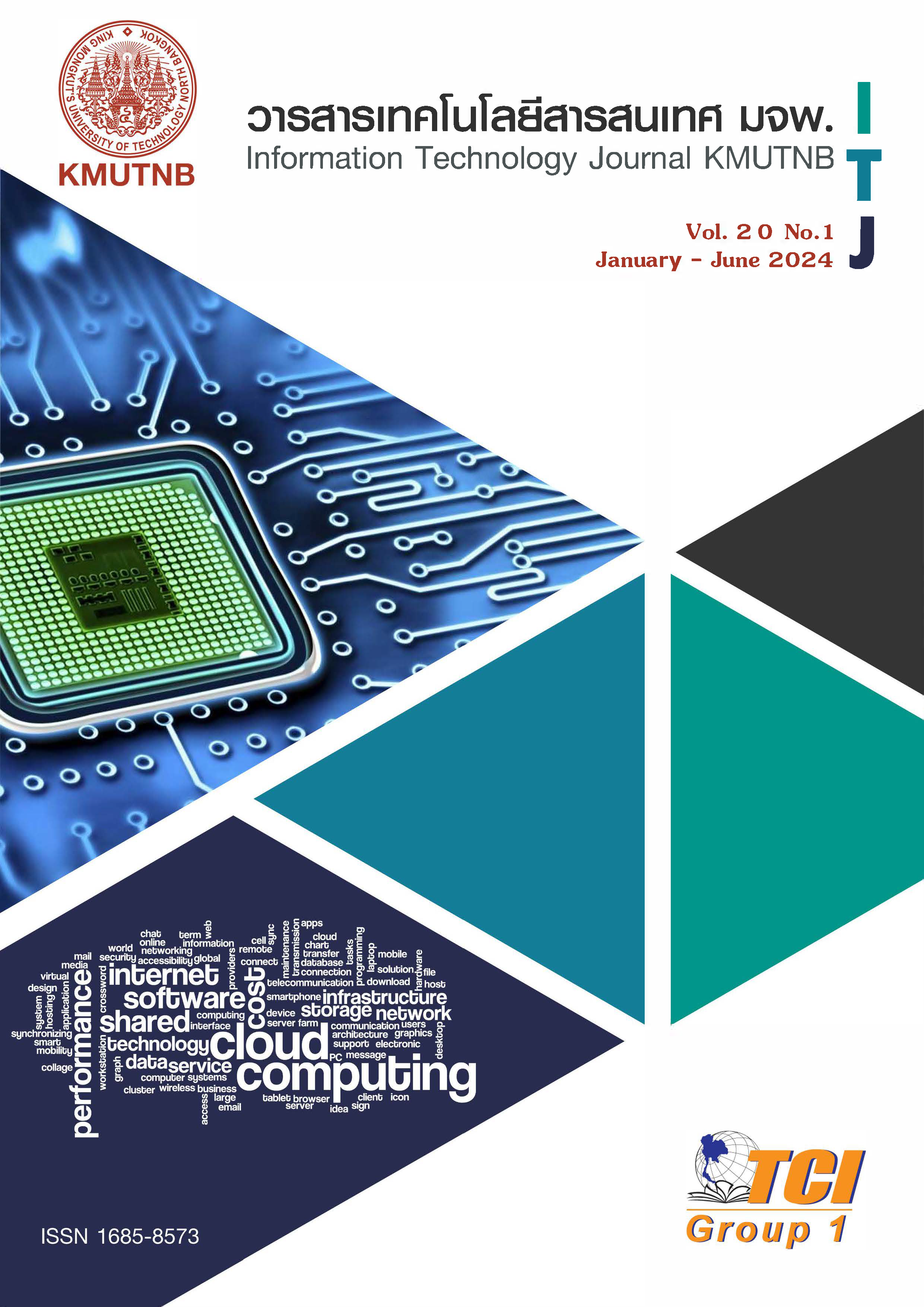ผลของการใช้เกมดิจิทัลทางการศึกษาร่วมกับปรากฏการณ์เป็นฐานเพื่อส่งเสริมการคิดอย่างมีวิจารณญาณของนักเรียนระดับชั้นประถมศึกษาปีที่ 4
Main Article Content
บทคัดย่อ
งานวิจัยนี้มีวัตถุประสงค์ 3 ข้อดังนี้ 1)เพื่อเปรียบเทียบการคิดอย่างมีวิจารณญาณก่อนเรียนและหลังเรียนของนักเรียนที่ได้เรียนรู้ผ่านเกมดิจิทัลทางการศึกษาร่วมกับปรากฏการณ์เป็นฐานและ 2) เพื่อศึกษาความพึงพอใจของนักเรียนชั้นประถมศึกษาปีที่ 4 ที่มีต่อเกมดิจิทัลทางการศึกษา กลุ่มตัวอย่างคือนักเรียนระดับชั้นประถมศึกษาปีที่ 4 โรงเรียนสาธิตมหาวิทยาลัยศรีนครินทรวิโรฒ ประสานมิตร (ฝ่ายประถม) ที่กำลังเรียนอยู่ในภาคเรียนที่ 2 ปีการศึกษา 2565 จำนวน 2 ห้องเรียน แต่ละห้องเรียนมีนักเรียนจำนวน 30 คน ซึ่งมีผลสัมฤทธิ์ทางการเรียน สูง กลาง และต่ำคละกัน เครื่องมือที่ใช้ในการวิจัย คือ 1) แผนการจัดการเรียนรู้เรื่องการคิดอย่างมีวิจารณญาณโดยใช้ปรากฎการณ์เป็นฐาน 2) เกมดิจิทัลทางการศึกษา 3) แบบวัดการคิดอย่างมีวิจารณญาณ และ 4) แบบทดสอบความพึงพอใจ วิเคราะห์ข้อมูลโดยหาค่าเลี่ย ร้อยละ ส่วนเบี่ยงเบนมาตรฐาน และ t-test ผลการวิจัยพบว่า 1) นักเรียนที่ได้เรียนรู้เรื่องการคิดอย่างมีวิจารณญาณผ่านเกมดิจิทัลทางการศึกษามีค่าเฉลี่ยคะแนนทักษะการคิดอย่างมีวิจารณญาณสูงกว่านักเรียนที่ไม่ได้เรียนรู้เรื่องการคิดอย่างมีวิจารณญาณผ่านเกมดิจิทัลทางการศึกษาอย่างมีนัยสำคัญทางสถิติที่ระดับ .05 2) นักเรียนที่ได้เรียนรู้เรื่องการคิดอย่างมีวิจารณญาณผ่านเกมดิจิทัลทางการศึกษามีค่าเฉลี่ยคะแนนทักษะการคิดอย่างมีวิจารณญาณหลังเรียนสูงกว่ากว่าก่อนเรียนอย่างมีนัยสำคัญทางสถิติที่ระดับ .05 และ 3) นักเรียนมีความพึงพอใจต่อเกมดิจิทัลทางการศึกษาในการเรียนเรื่องการคิดอย่างมีวิจารณญาณอยู่ในระดับพึงพอใจมาก
Article Details
เอกสารอ้างอิง
S. Inthanon. DQ Digital Intelligence. 4th ed. Walk on Cloud Co., Ltd, 2010.
C. Sansombut. "Teaching critical thinking skills for living in the 21stcentury." Nakhon Lampang Buddhist College’s Journal, Vol. 5, No. 2, 2016.
O. Pibool, and K. Suthasinobol. "Phenomenon based learning for the development of transversal competencies: a case study from finland." Journal of Liberal Art of Rajamangala University of Technology Suvarnabhumi, Vol. 3, No. 3, pp. 414-428, 2021.
N. Phiwma. "Learning Management using Game-Based Learning by Integrating Computer Game Technology." Journal of Humanities and Social Sciences, Rajapruk University, Vol. 15, pp. 1-15, 2020.
C. Suksan. Effects of Education Digital Game as based on Robert Gagne’s Upon Reading Comprehension Ability of Frist Grade Students, A Thesis Submitted in Partial Fulfillment of the Requirements for Master of Education (curriculum and instruction) Department of Curriculum and Instruction Graduate School, Silpakorn University, 2021.
V. Symeonidis and J. F. Schwarz. "Phenomenon-Based Teaching and Learning through the Pedagogical Lenses of Phenomenology: The Recent Curriculum Reform in Finland." Forum Oświatowe, Vol. 28, No. 2, pp. 31-47, 2016.
O. Butkatunyoo. "Phenomenon based Learning for Developing a Learner’s Holistic Views and Engaging in the Real World." Journal of Education Studies, Vol. 46, No. 2, pp. 348-365, 2018.
M. Prensky. "Digital Game-based Learning." ACM Computers in Entertainment, Vol. 1, No. 1, October, 2003.
S. Sawasdeepon. Basic Computer game programming. Wang aksorn co., ltd, Bangkok, 2017.
K. Charoenwong-sak. Critical thinking. Success Media Co.,Ltd, Bangkok, 2012.
H. Pengsantia, M. Tulmethakaan, and I. Suwathanpornkul. "Effect of Learning Management by Using Phenomenon-based Learning on Critical Thinking and Creative Thinking of Grade 12 Students." Silpakorn Educational Research Journal, Vol. 13, No. 2, pp. 240-257, 2020.
P. Rodkroh. "Effects of Educational Digital Game to Enhance Digital Intelligence Knowledge for Elementary Students." Silpakorn Educational Research Journal, Vol. 13, No. 1, pp. 440-457, 2021.
W. Chantrawong. Effects of inquiry learning integrated with the dapic problem-solving process on the critical thinking ability of grade 10 students, A Thesis Submitted in Partial Fulfillment of the Requirements for the Degree of master of education (Science Education) Faculty of Science, Srinakharinwirot University, 2019.
O. Pattanaphon. A construction of critical thinking test for the third level students in secondary school, nakhonsawan educational service area office 1, Presented in Partial Fulfillment of the Requirements for the Master of Education degree in Educational Measurement at Srinakharinwirot University, 2008.


